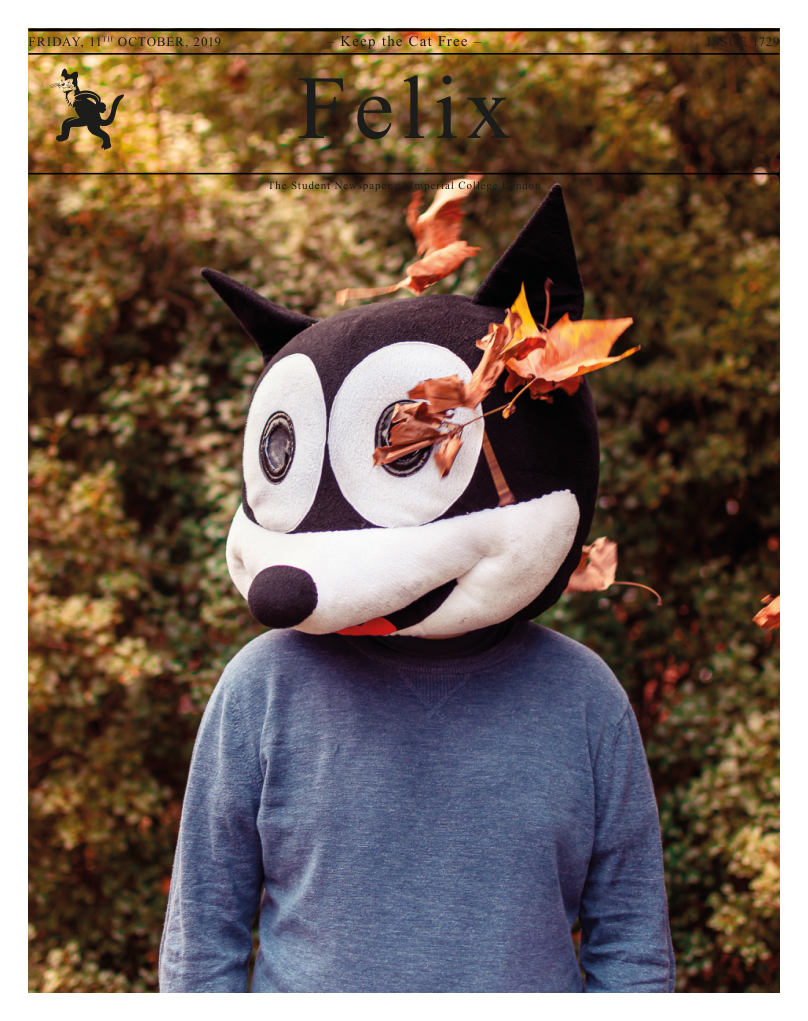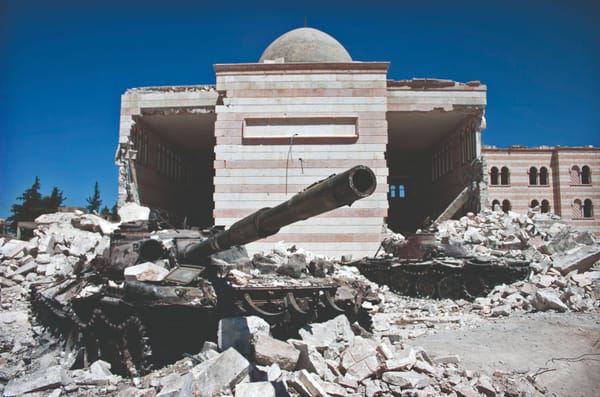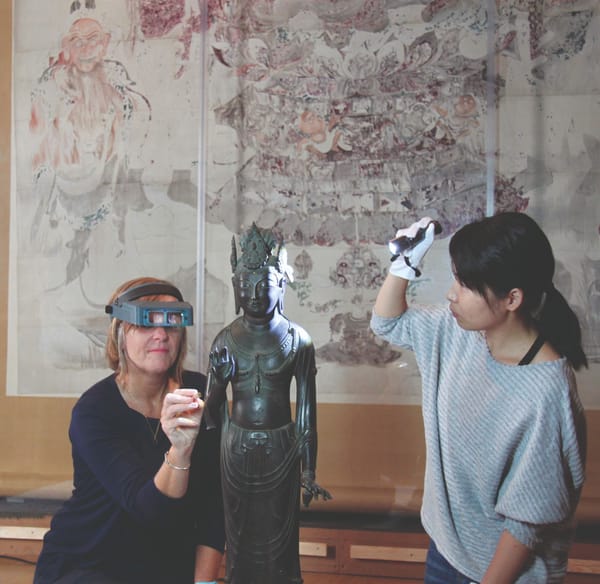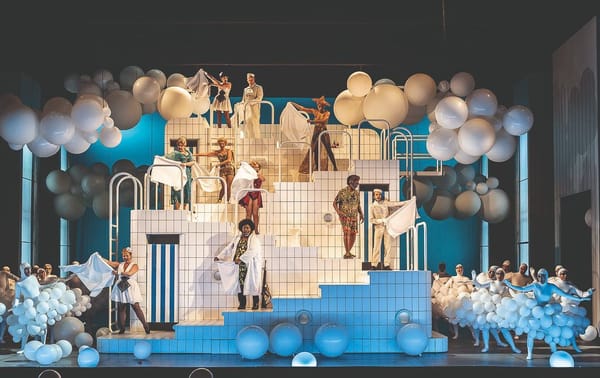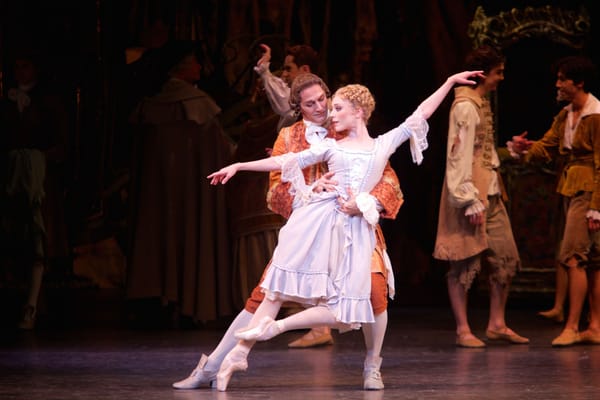Interview with the Makers of Now is the Time to Say Nothing
Would you mind briefly summarising your stories?
Caroline Williams: This is the story of Syrian artist Reem Karssli’s life during the Syrian conflict. It follows the story of what happens when a group of teenagers from London tries to contact her. It is about how we can stay connected to the people we love when war and the need for survival gets in the way.
What would you like people to take away from the art?
CW: That real people exist at the centre of these huge conflicts and that those people matter.
Why did you choose to make the experience individual?
CW: It begins as an individual experience so that it can then become a communal one. The piece is about connecting so it makes sense that it would go from an isolated individual experience to a group experience.
Do you think this medium (of film) is the main way people consume news media now? Did you consider using other mediums in conjunction with film?
CW: Obviously social media is a big part of how news is consumed now. We did consider it but you can’t make work about everything!
Would you be able to point to an inspiration for your work?
CW: Adam Curtis and of course the main inspiration is Reem Karssli’s Every Day Every Day.
In your article [Caroline WIlliam’s Run Riot piece] you mention the protests in Egypt as being a spur to begin this project. Do you think that the events in the Middle East receive enough coverage?
CW: It depends where you look. Obviously different news outlets have different focus. I think we all know that conflicts can fall in and out of the news based on a narrative and politically motivated appetite for what’s happening.
Do you think that the events receive enough of the right coverage? What do you feel are the main differences between the narrative you are telling and the narrative you see in the mainstream media?
CW: Ours is a personal narrative. Not only are the storytelling tools we are using different (sound, light, touch) from mainstream media but the content doesn’t have to fit a news room spec. We are focusing on the stuff of the everyday - the tedium and real slow creeping grief of war.
Do you think that it is possible for a Western audience to truly empathise with the situation in Syria?
CW: No. But I think they can stay open and put themselves in a space to try and empathise.
How did you choose the young people that took part in this project?
CW: I auditioned them and chose the ones who didn’t look bored when I spoke about politics.
Why did you choose young people and not a broad spectrum of ages?
CW: Young people have an amazing way of asking the difficult questions that adults are afraid to ask.
What impact would you say you have had on the young people that are part of the project?
CW: I hope it’s shown them they can make art and that people will want to engage with it. I hope I’ve also shown them that what they think and how they think matters.

